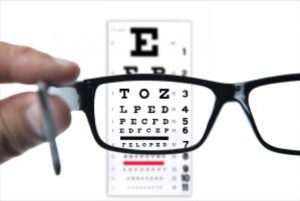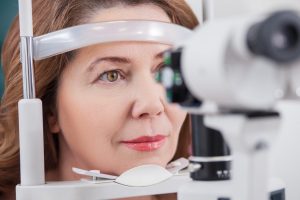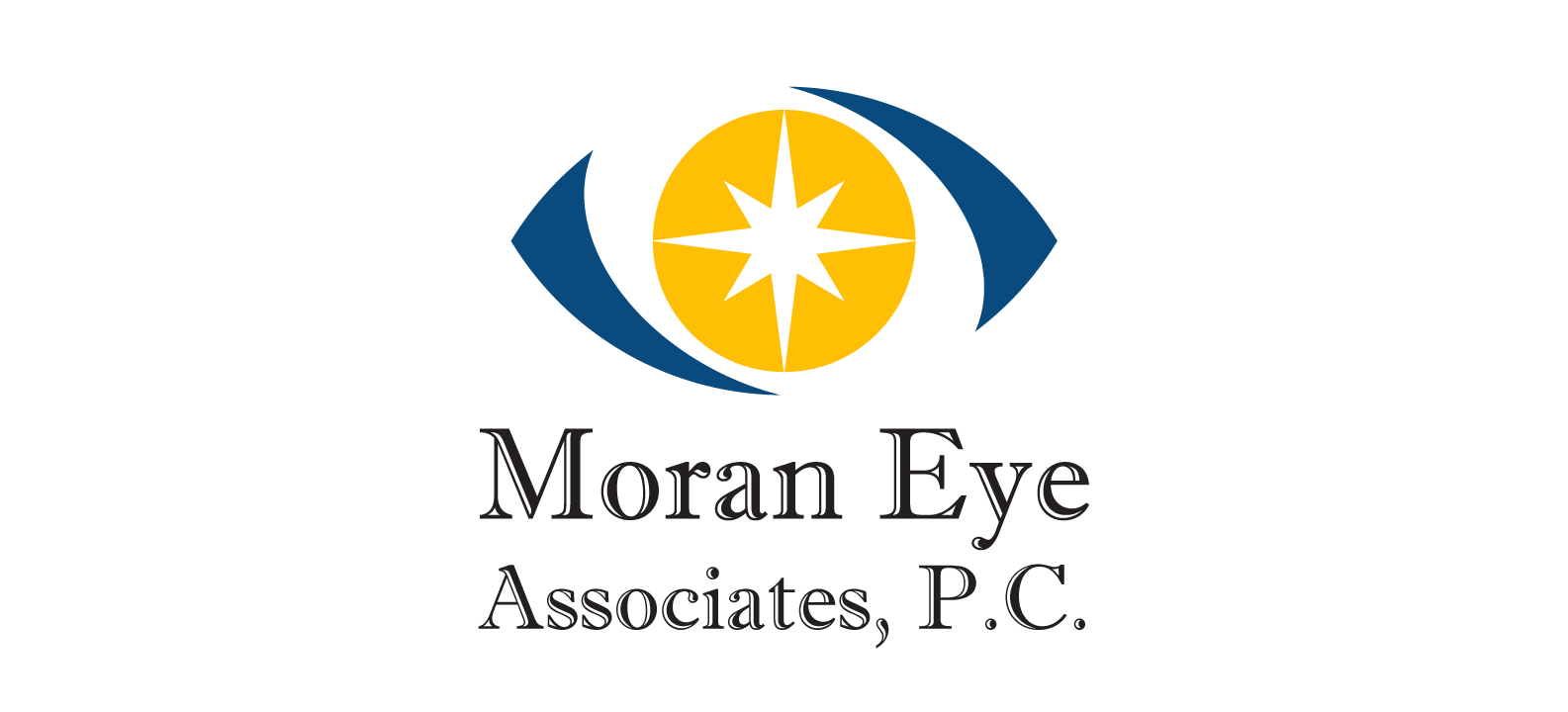What Does 20/20 Vision Mean?

Are you Seeing your Best?
How Vision is Measured
The distance vision of a normal human eye is defined at 20/20. This number illustrates what a person with normal vision can see at twenty feet. Your visual acuity is measured on how it relates to vision at 20 feet.
- If your vision is 20/40, you can see at 20 feet, what a normal eye can see at 40 feet.
- If your vision is 20/100, you can see at 20 feet, what a normal eye can see at 100 feet.
- If your vision is 20/400, you can see at 20 feet, what a normal eye can see at 400 feet.
When you read an eye chart, chances are that person testing you is paying attention to what you say, as well as how you say it. They will know if you are seeing clearly or are struggling and making guesses. It never pays to cheat on your eye test!

Driving requirements
How well do I need to see to drive?
Although each state determines their specific requirements, generally 20/40 vision is needed to pass the driving test. If you need glasses to see 20/40, it will be indicated on your driver’s license. While your distance vision is key to passing the driving test, there are other factors that are considered as well. For complete information on what is required in Pennsylvania, click on the link.
Pennsylvania Drivers Visual Standards
After vision correction surgery, like LASIK or cataract surgery, you may be able to see well enough to have the vision correction restriction removed from your license.
What is legally blind?
If you cannot see any letters below the 20/200 line, even when wearing glasses or contacts, you are considered legally blind. If your vision can be corrected by putting on a pair of glasses, you may have poor vision, but you are not legally blind.

I see 20/20, do I need an eye exam?
Absolutely! Measuring your vision is an important part of your comprehensive exam, but there is so much more that we check at your visit. We will check your pupils, eye pressure and field of vision. We will record your visual history, health history and medications. The doctor will examine the health of your eyes using a slit lamp microscope, checking for eye disease, including glaucoma, macular degeneration, diabetic retinopathy and cataracts.
Early detection of eye disease is your best defense against vision loss. So even if you don’t need a new pair of glasses, make sure to schedule your regular check-up, so you can keep seeing your best!
